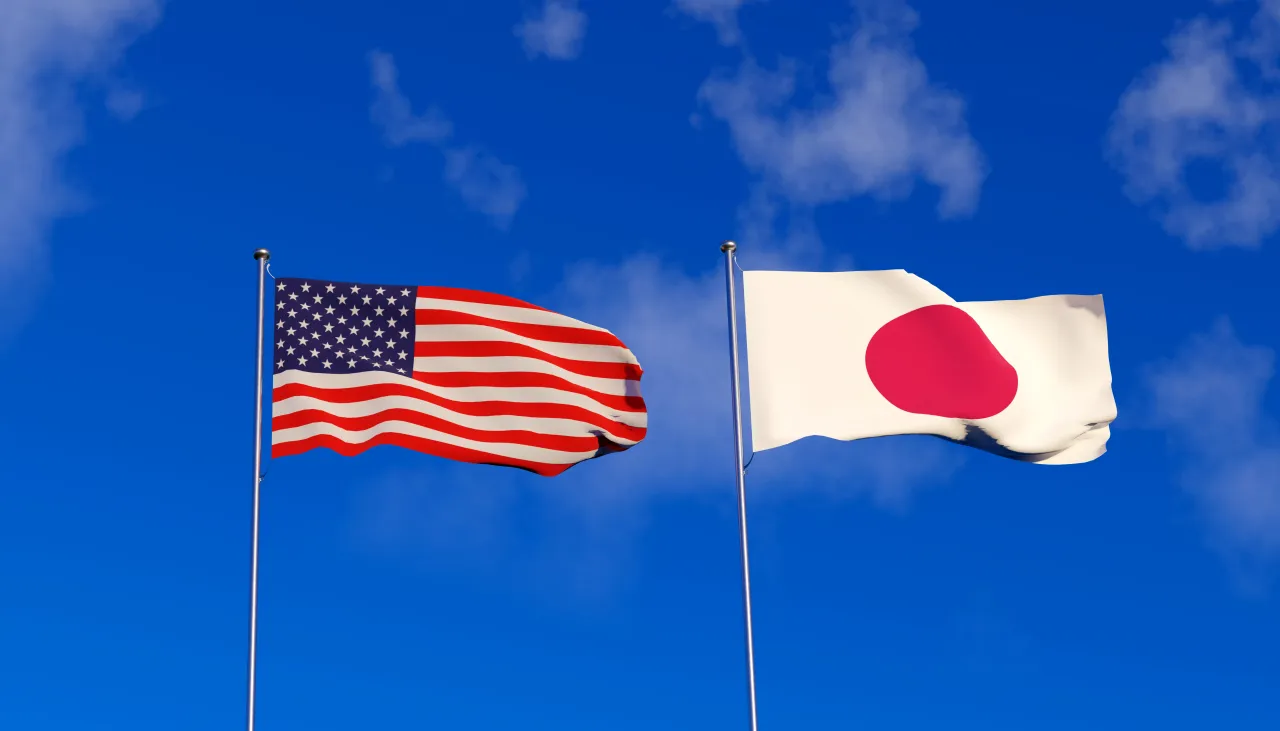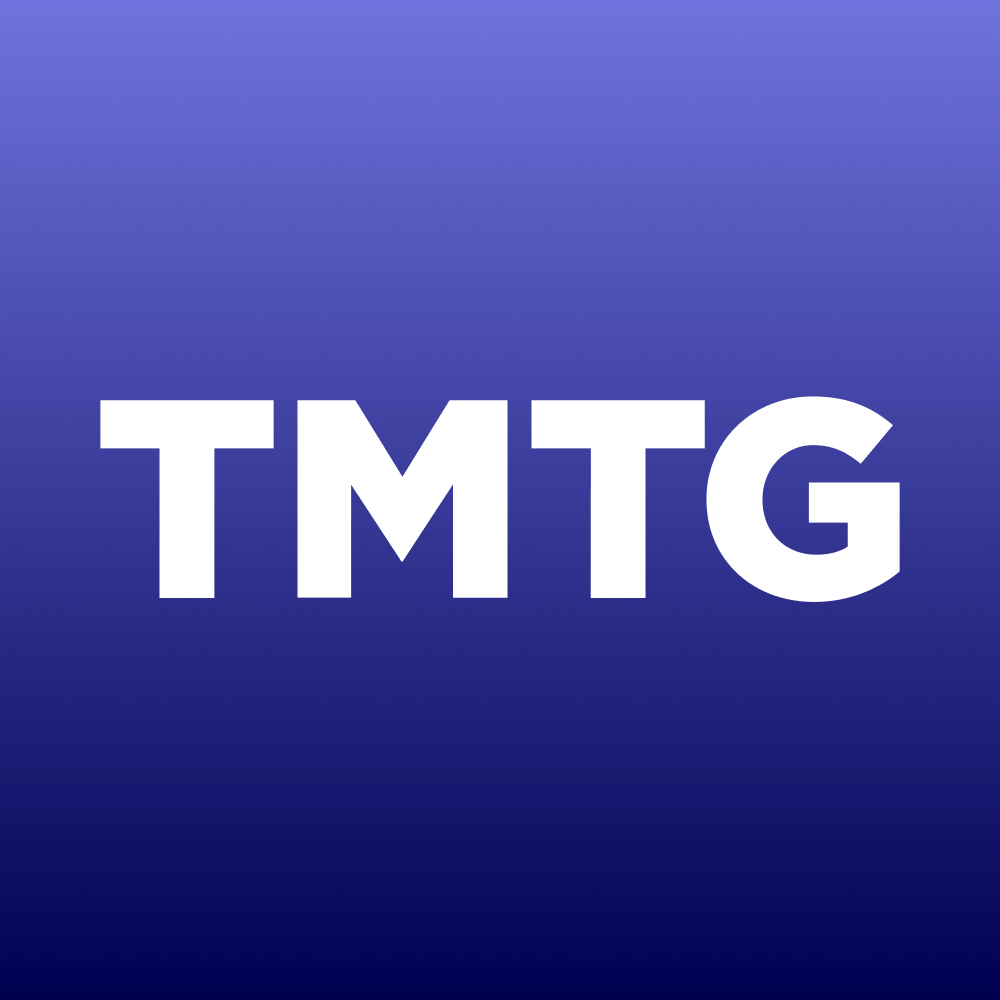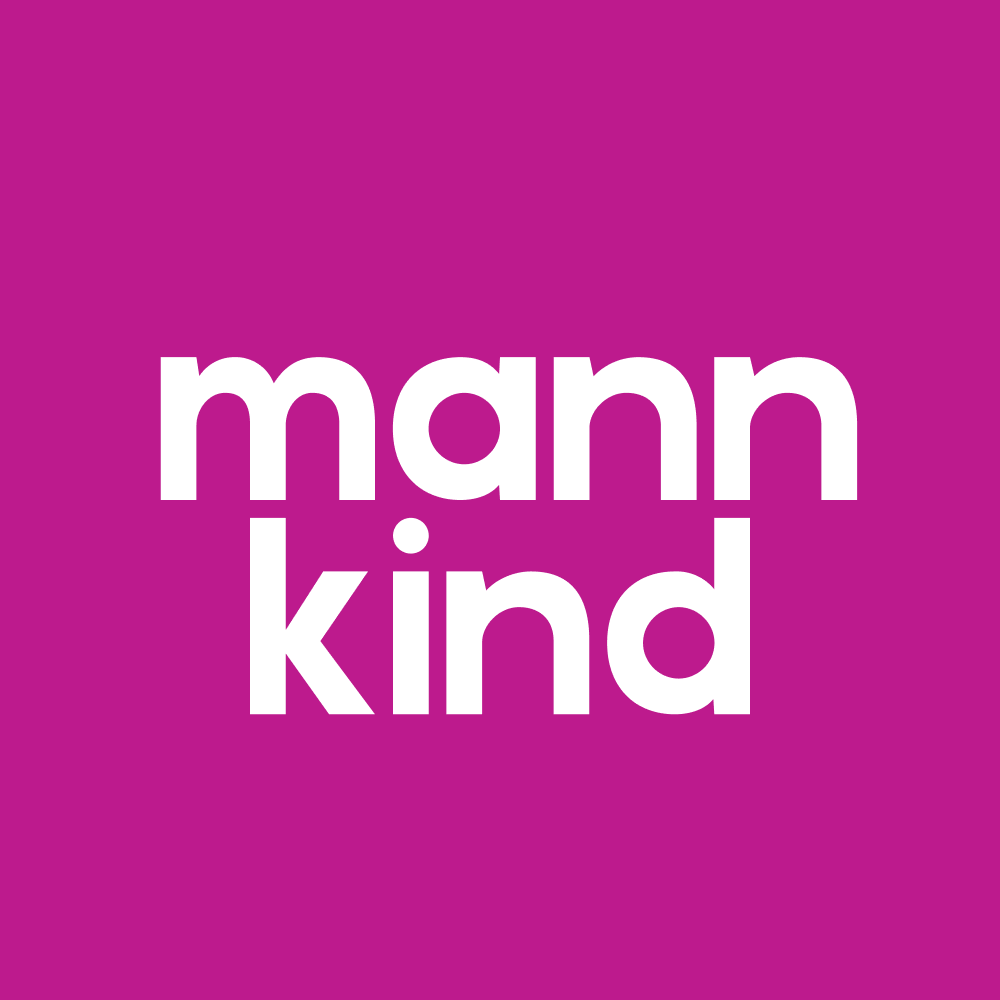Advertisement|Remove ads.
Japan Tariff Cut Takes Effect Tuesday: US Lowers Duties On Cars, Light Trucks And Auto Parts To 15%

The U.S. will start charging a 15% tariff on Japanese cars, light trucks and auto parts from early Tuesday morning, Customs and Border Protection said, putting into effect a trade deal the two countries sealed in July.
The change, laid out in an executive order signed by President Donald Trump on Sept. 4, reduces auto duties from 27.5% and establishes a baseline 15% tariff on nearly all Japanese imports, with separate treatment for aerospace products.
Japan’s top trade negotiator Ryosei Akazawa welcomed the move last week, saying in a post on X that the order represented “steady implementation of the agreement reached on July 22” after months of talks.
Tokyo has pushed hard for relief, viewing auto tariffs as a critical issue for its export-heavy economy. The auto sector accounts for Japan’s largest share of exports to the U.S., and is a major driver of employment and wage growth.
As part of the broader deal, Japan pledged to create a $550 billion U.S. investment fund, procure 100 Boeing aircraft, expand purchases of American agricultural goods and defense equipment, and explore an Alaskan liquefied natural gas offtake agreement. Commerce Secretary Howard Lutnick has cautioned that Japan could face higher duties if the investment pledge is not fulfilled.
Trump’s tariffs have weighed heavily on Japanese exporters. Toyota, which previously warned of a $10 billion profit hit from levies, said the new framework provides “much-needed clarity.” Two-way trade between the U.S. and Japan totaled nearly $230 billion in 2024, with Japan running a surplus of about $70 billion.
On Stocktwits, retail sentiment was ‘bullish’ for the SPDR S&P 500 ETF Trust (SPY) and the Invesco QQQ Trust (QQQ) with ‘normal’ message volume, while sentiment for the iShares MSCI Japan ETF (EWJ) was ‘neutral’ on ‘low’ activity.
So far this year, SPY is up 13.4% and QQQ has gained 16%, while EWJ has climbed 22.2%, outperforming both.
For updates and corrections, email newsroom[at]stocktwits[dot]com.













/filters:format(webp)https://news.stocktwits-cdn.com/large_Bitcoin_Red_OG_jpg_d64521f99a.webp)
/filters:format(webp)https://st-everywhere-cms-prod.s3.us-east-1.amazonaws.com/Prabhjote_DP_67623a9828.jpg)
/filters:format(webp)https://news.stocktwits-cdn.com/large_crowdstrike_resized_jpg_ae45d5de0e.webp)
/filters:format(webp)https://news.stocktwits-cdn.com/shivani_photo_jpg_dd6e01afa4.webp)
/filters:format(webp)https://news.stocktwits-cdn.com/large_Getty_Images_2234227546_jpg_b7fa546ca4.webp)
/filters:format(webp)https://st-everywhere-cms-prod.s3.us-east-1.amazonaws.com/Rounak_Author_Image_7607005b05.png)
/filters:format(webp)https://st-everywhere-cms-prod.s3.us-east-1.amazonaws.com/large_hut8_logo_resized_dd54f54415.jpg)
/filters:format(webp)https://news.stocktwits-cdn.com/Anushka_Basu_make_me_smile_in_the_picture_b92832aa_af59_4141_aacc_4180d2241ba8_1_2_png_1086e0ed8c.webp)
/filters:format(webp)https://news.stocktwits-cdn.com/large_Getty_Images_2228875477_jpg_4c76a2e8b7.webp)
/filters:format(webp)https://news.stocktwits-cdn.com/vivekkrishnanphotography_58_jpg_0e45f66a62.webp)
/filters:format(webp)https://news.stocktwits-cdn.com/large_Getty_Images_2213365850_jpg_470b9c6c06.webp)